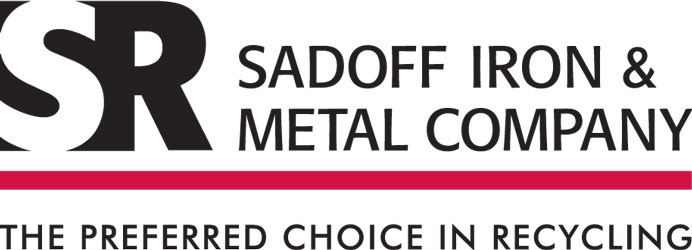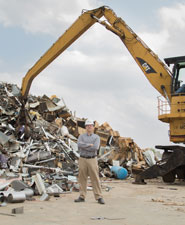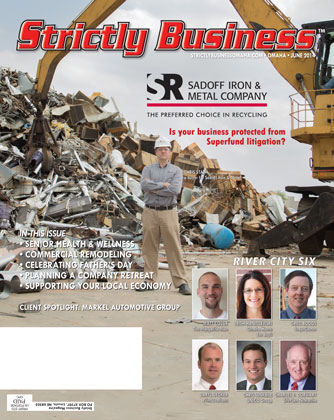 From yearly active participation in Earth Day to being the host for 2009’s World Environment Day, Omaha has always made it a priority to celebrate sustainability. That goes for residents and businesses alike.
From yearly active participation in Earth Day to being the host for 2009’s World Environment Day, Omaha has always made it a priority to celebrate sustainability. That goes for residents and businesses alike.
And, although it’s been 15 years since the Superfund Recycling Equity Act was enacted, some Omaha-area businesses may still be unclear about its specifics. What are your business’s waste management and recycling responsibilities? Plus, just as importantly, which recyclable materials are exempt from Superfund liability?
Understanding your obligations is the first step toward protecting your business from liability. After all, you want to take every step to help ensure your business is in full compliance with environmental standards and emissions requirements created by the NDEQ and EPA.
Here are some basic questions to get started:
• Does your material meet the definition of a “recyclable material”?
• Does your recycling meet the conditions for “arranging for recycling” or is it actually disposal?
• Are you taking reasonable care to determine the environmental compliance status (as it applies to the recyclable material) of the facility where you sent the recyclable material?
If you can’t confidently answer these, it may be time to get help from an environmental security expert.
Chris Stath, a buyer for Sadoff Iron & Metal, knows protection from Superfund liability is often a high-priority for a business. Or should be.
“Prior to any recyclable material transaction, we have some checking to do,” Stath said. “We use a comprehensive consumer audit program that ensures all material we purchase from a customer is sent only to mills, smelters, and foundries that comply with all applicable environmental standards,” he said. “We determine that the consuming facilities are in compliance with substantive provisions of any federal, state, or local environmental law or regulation, compliance order, or decree,” Stath added, “Equally important is that Sadoff Iron & Metal Company assures best buying practices through the utilization of a material acceptance policy and that we operate in full compliance of all environmental laws and regulations.”
 Being a consistent watchdog for Superfund liability is part of Sadoff Iron & Metal’s “Down To Earth” approach, which combines customer-focused attention and integrity with environmental efficiency.
Being a consistent watchdog for Superfund liability is part of Sadoff Iron & Metal’s “Down To Earth” approach, which combines customer-focused attention and integrity with environmental efficiency.
The company offers many sustainable initiatives that improve a business’s ability to help the environment: products backed by solid chemistry, package integrity, ISO 9001-2008 certification, as well as professional services.
“From industrial companies with large recycling needs to small independent recyclers, everyone at least needs to be aware of Superfund liability. However, they’re not always sure how to proceed,” Stath said. “In addition to recycling scrap metal, we offer management programs that educate our customers and improve efficiencies,” he said.
Sadoff Iron & Metal, a finalist for 2013 National Scrap Producer of the Year, is family-owned, locally operated, customer-focused, and environmentally friendly. Two sustainable, customer-friendly recycling centers are located in Nebraska, one each in Omaha and Lincoln.
Note: This article is for informational purposes only and is not intended to constitute legal advice. Recommendations contained in this article are not exhaustive, are not intended to be deemed as standards, and may not be appropriate for all situations.
Lincoln: 4400 W. Webster Street – 402-470-2510
Omaha: 4918 F Street – 402-345-6624

